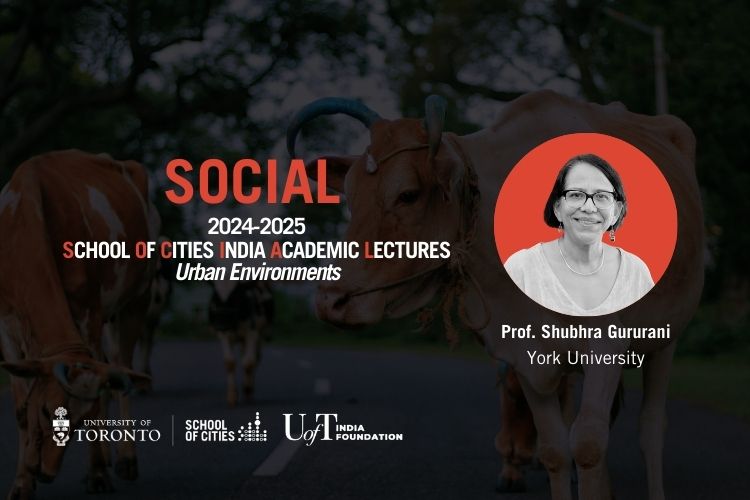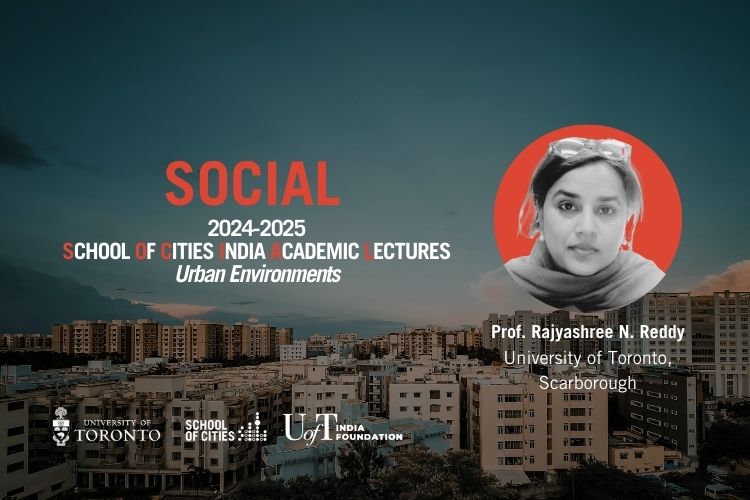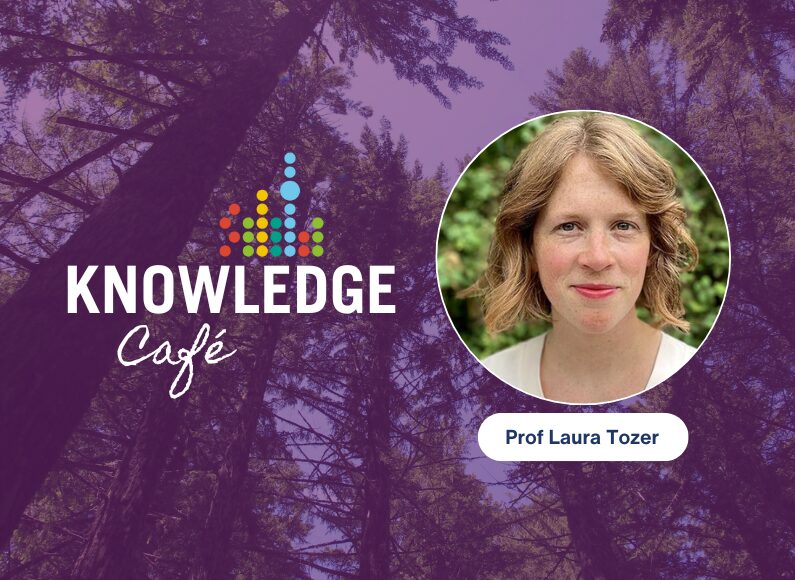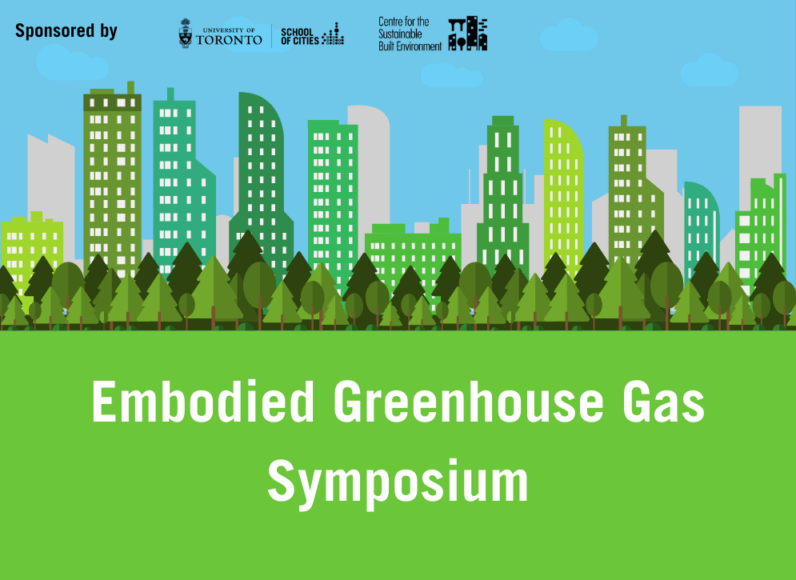Mumbai’s east coast has been produced as an industrial waterway for furthering British imperial and Indian nationalist ambitions. More recent government interventions seek to (re)value this toxic wetscape through new infrastructure that prioritises marine logistics, real estate development and ecotourism. These imaginaries of the east coast are founded on capitalist projects of colonization that ‘forget’ its watery history. They also erase those who inhabit the coast differently, such as the indigenous fishing community of Kolis. This talk foregrounds fisher stories to help recover worlds that relate to the movement, relations and knowledge mediated by water as opposed to land, propertied ownership and pollution.
I draw inspiration from a Koli vernacular, “sagar putra” or offspring of the sea that entails sensing time and space differently. For fishers, time is measured by the rise and fall of water, not by standardized minutes, and is intimately connected to the changing usage of spaces. This ecological sensing, assembled through fishing practice, informs an urbanism that is opposed to one where only property relations are valued. By dwelling in these wet stories from the margins, I seek to reclaim other ways of being for the city that insists on substantively reframing ‘expert-led’ planning approaches.
This event will run at 9 – 10 AM EST and 7.30 – 8.30 PM IST
About the speaker
Lalitha Kamath is trained as an urban planner and policy analyst. She teaches in the Centre for Urban Policy & Governance, School of Habitat Studies, Tata Institute of Social Sciences, Mumbai. Her research interests centre on questions of urbanization, urban governance and planning, urban politics, and informality.
Her first book was a co-edited volume titled Participolis: Consent and Contention in Neoliberal Urban Governance that focused on a critical exploration of emerging discourses and practices of “citizen participation” that have become part of urban governance reforms and infrastructure projects in India. She has developed this theme by studying dominant forms of urban transformations in the Global South – both the structural violence of spatial transformation and processes of slow violence to urban environments.
Since 2017, she has been engaged in ethnographic work in fishing communities on Mumbai’s east coast to understand changing conceptions of urban climates, habitation, labour and value at the water’s edge.









